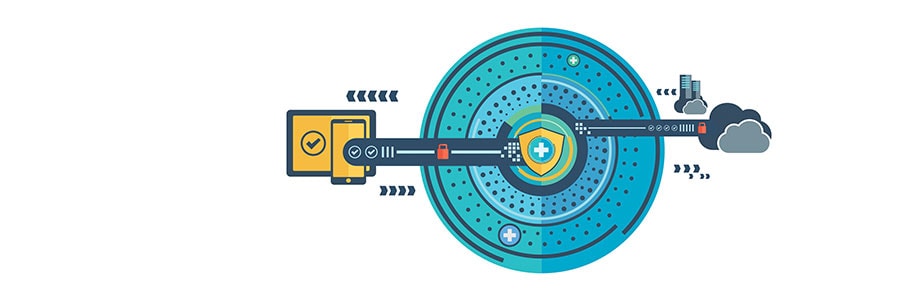It is good to have an IT team and/or a third-party partner like a managed services provider (MSP) that helps keep your company protected against cyberthreats. It is even better to have all stakeholders be involved in preventing data breaches. Here’s how everyone can be proactive when it comes to cybersecurity.
Network Titan
Here’s why you need a VPN and how to choose one

Installing antivirus software and using strong passwords are no longer considered the bare minimum in cybersecurity. With your online activities transparent to internet service providers, third parties, and hackers alike, it’s important to keep your information secure and private by using a virtual private network (VPN). Here’s why.
Surefire ways to protect your email account

If you think your email is safe from hackers, think again. A lack of sufficient email security protocols can lead to data theft, unauthorized access to sensitive information, and successful malware attacks. Here are some tips to secure your email account from unwanted intruders and the many troubles that come with them.
Watch out for distributed spam distraction

A lot of people get a handful of spam in their email inboxes every day. While spam can be a nuisance, it only takes a few minutes to delete or block spam. But if you receive tens of thousands of spam all at the same time, a huge chunk of your time and energy will be wasted on dealing with them — and they might actually be hiding telltale signs that you're being attacked by cybercriminals.
Think your password is secure? Think again
Fileless malware: Are you at risk?

Over the past few years, the security industry has witnessed a rapid evolution in attack techniques, including fileless malware. Now, cybercriminals use legitimate tools and services such as existing software, applications, and authorized protocols to carry out malicious activities like unauthorized data retrieval or data damage.
Guidelines on monitoring your employees’ online activities

There are advantages and disadvantages to monitoring your employees’ online behavior. Below is an honest and transparent list of arguments for and against such a practice. However, should you decide to monitor your employees, we have some guidelines for you to follow for a smooth implementation process.
Researchers uncover new strain of Android malware

The Android operating system (OS) relies on an open-source code that allows users and manufacturers to modify their phones’ or tablets’ OSs. The problem is, Android’s open-sourced nature also makes it susceptible to cyberthreats. Recently, security experts found DEFENSOR ID — a new type of Android malware exploiting the system's Accessibility Services.
Secure your business printers to avoid getting hacked

To achieve foolproof cybersecurity, you must make sure that every endpoint is protected from threats. That means securing every network, every server, every computer — and every printer. Because they’re easily overlooked, print devices can be exploited by hackers and used as an entry point to steal or modify data.
Buying antivirus software? Consider the following points

You probably didn’t need to worry about antivirus protection before. At the office, the IT department handled it. At home, your personal setup may not contain enough valuable information to warrant industry-strength. But because of the global pandemic forcing most of us to stay indoors, your home is now your office, too.


